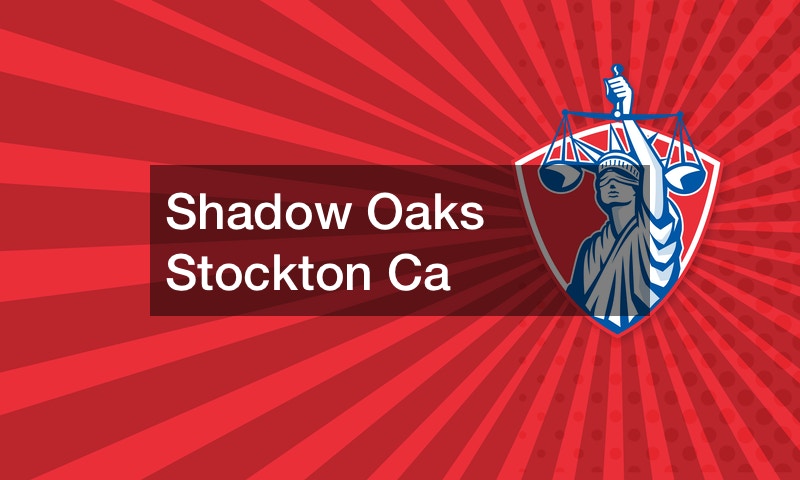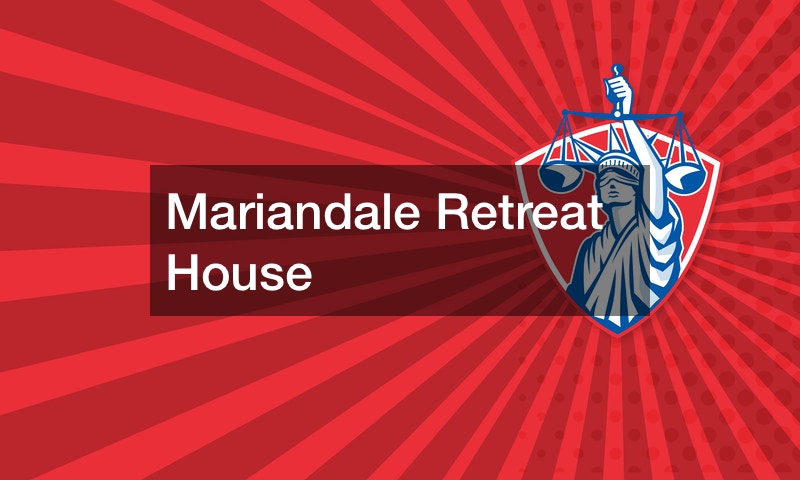
Life suddenly comes to a standstill when a loved one dies. Everything seems like a blur. If you’re unfortunately experiencing this, where you’ve got the role of next of kin, there are certain tasks that you must carry out, albeit with a heavy heart.
The next of kin is determined by laws of intestate succession when someone dies without a will. The spouse is considered as next of kin, followed by their kids, then their parents, followed by their siblings. An adopted family member can also be regarded as the next of kin. If there is no clear next of kin, the court will decide and declare someone to assume those responsibilities.
If there’s a will and the decedent person has named an executor, that person will be responsible for handling estate matters and carrying out the wishes of the decedent person. The next of kin should assist the executor in these matters in this case.
This article guides how the next of kin should handle the various matters and responsibilities effectively upon the death of a close family member.

Understanding the Role of Next of Kin
This role varies depending on the circumstances but largely involves sorting out funeral arrangements, managing estate matters, and making any necessary legal decisions.
It’s imperative to understand the role of next of kin, so you know what steps to take, what needs to be prioritized, and what can be delegated. Managing grief and handling several responsibilities at the same time can have a massive effect on your overall well-being, so get assistance when you need it. You may also have to act as the guardian of any young children or teenagers of the departed person.
When your loved one has passed on, alert the rest of the family. You’ll also need to consult a funeral home, contact several important institutions, and hire an estate attorney.
The next of kin can also make medical decisions if the individual is unable to make those decisions whilst still alive. These could range from choosing their treatment options to deciding on end-of-life care.
Note that if you had power of attorney, that authority ceases upon the individual’s demise.
Upon the Death of the Individual
Upon the demise of your loved one, one of the first things you’ll do in the role of next of kin is to make that tragic phone call to other members of the family and close friends. If this is too overwhelming, get someone to help. This will also bring forward family or friends to help you in dealing with some matters that need urgent attention.
You’ll also need to immediately get a legal pronouncement of death. If the death occurred at a hospital, the medical professionals present would have announced it. If the passing away occurred at home, call your doctor, and request them to attend to the matter.
If the death was at home and no autopsy is required, arrange for the body to be transported to a funeral home or mortuary. If your loved one was receiving medical attention at home, you’ll need to have any sort of medical waste disposed of safely. Contact a medical waste pick up company to handle the safe disposal of such items. These include anything that has come into contact with the body.
Minors (and pets) will need to be taken care of immediately, even if the will or trust hasn’t been located.
You must obtain a death certificate which is proof of the person’s demise. It has details of the individual, such as full name, date of birth and death, address, and cause of death. Contact the vital records office and obtain multiple copies as you’ll need them for various legal and financial matters. You’ll need proof of your relationship with the deceased, such as a marriage or birth certificate.
A death certificate is important in accessing life insurance, pension, closing bank accounts, and administering the person’s estate.
Care for Minors
If, tragically, parents of minors have passed away, you would assume the role of a guardian. This involves looking after their emotional, physical, and mental well-being. As their next of kin, you’ll make decisions regarding their studies, welfare, and living arrangements.
At this time, providing emotional care and stability to the minors is crucial. You may want to involve a counselor to assist you in providing a safe space for them to express themselves.
If a designated guardian has been stated in the will, the minors will be cared for by them. If the guardian is unwilling to do so, the matter can be taken to court, where they will decide what is in the best interest of the kids.
Note that if one parent passes away, the surviving parent assumes full responsibility for the children and provides the necessary nurturing. If the surviving parent cannot take care of the kids, you could assume custody through a legal process.
Consult your attorney to help you iron out the legal matters.

Funeral Arrangements
One of your first challenging responsibilities in the role of next of kin is to make funeral arrangements. This can be highly distressing, so seek help from friends and family. If the deceased has left a will and specified how they want to be disposed of, such as a burial or a cremation, then you can honor those instructions. However, note that funeral wishes in the will aren’t legally binding.
You’ll need to make decisions on these matters if there are no instructions. Firstly, choose a funeral home. Are there any religious or cultural traditions to follow? Where will the funeral service be held? What would be written on the cemetery headstone? Will there be a memorial service if the deceased is cremated? Invite friends, family, colleagues, and associates via social media. Consider who will deliver the eulogy and who will write the obituary.
When you’re in grief, organizing a funeral will be one of the toughest things to get through, so make sure you have adequate emotional support.
Contact Relevant Parties
Apart from notifying immediate family and friends, you need to alert others that are connected to your loved one. If they were employed, contact their employer so they can start working out pension and death benefits.
You’ll need to go through their paperwork to identify banks, mortgage companies, and other financial institutions the person dealt with. Make a list of these companies and institutions and inform them individually.
Credit card companies should also be notified. Make note of any outstanding payments that need to be made, as per the last statement. Insurance companies must be notified as well, including life and health insurance companies. Also, inform Social Security if the individual was receiving benefits.
You should be able to get the necessary information from a safe deposit box, files, bills, and statements.
Hire an Estate Attorney
An estate attorney will help you in your role of next of kin in several ways. They’ll advise you on how to handle the estate of the deceased and if probate is required. Identifying assets, distributing these assets, paying any taxes, settling outstanding debts, and following the wishes of the deceased as stated in their will.
If there is a probate process, the attorney will guide you through this. They’ll also ensure any assets that are to be distributed are done fairly. If any disputes or legal challenges arise, the estate attorney will provide you with legal representation. The attorney will also advise on any tax implications.
The estate attorney can also assist you in making a will, creating trusts, and updating your estate plans. Having a good attorney takes off the legal burden from you while protecting your interests and rights.
Involve the Title Company
Another thing you must do in the role of next of kin is to get in touch with the title company and inform them of the demise, especially if there is a change in the ownership of the decedent’s property. The title company will verify the legal status of the property. The title company should be given the relevant documents, including the death certificate, your proof as next of kin, and information about the property owner.
If you need help with any issues that arise, consult an attorney that specializes in real estate.

Managing Property and Possessions
In your role of next of kin, another overwhelming matter to handle is the deceased’s possessions. Firstly, secure any valuable items such as heirlooms and paintings. If your loved one wasn’t living with you, you’ll need to hire local moving services to transport assets and possessions to where they need to be. If the items are being inherited, or are being distributed, you may want to move them to a storage facility, especially if the property needs to be vacated. Other items within the home could be sold or given away to charity.
If the deceased person owned a home and lived alone, you may want to look into home restoration. This involves restoring the home to its original state. This will improve its appearance and make it more saleable. It will also increase the value of the home.
This doesn’t have to be done immediately, but it’s something to consider once you’re emotionally ready to handle such matters.
If your loved one owned any furry friends, they will need to be taken care of immediately. If the person left any instructions about whom they’d like to give the pet to, inform that person. If there aren’t instructions, you can adopt the pet. If you’re not in a position to, ask friends and family whether they would be interested in being the new owner of a furry friend. For now, you’ll need to arrange temporary care till a long-term plan has been identified.

Generational Planning
One of the crucial tasks you’ll have to carry out as your role of next of kin is generational planning, especially if you’re a spouse to the deceased. What vision do you have for your children and grandchildren? What are your family values and principles? These are important in ensuring your hard-earned wealth lasts for generations.
You’ll need to meet with the estate attorney to update estate planning documents, wills, and any trusts that have been set up. A financial advisor can also advise on investment options to increase your wealth. They’ll also advise on tax-efficient strategies, so the next generation doesn’t bear a heavy tax burden, such as trusts, college saving plans, charities, and gifting highly valued assets.
A detailed plan that covers the legal, financial, and personal considerations should be created to ensure there are no hiccups in the transfer of assets and wealth.
Another important aspect to consider is educating and involving the next generation in financial affairs and wealth management. This will help them manage their inheritance wisely. They must also be aware of family values, which will prove to be a cornerstone when it comes to managing their riches.
If the generational plan has already been set up, go through it once again to see if there are any changes to be made.
Handling this important matter isn’t easy after the death of a loved one, so take it up once you’re ready.
As your role of next of kin, you’ll have many important decisions to make and responsibilities to take up, at a time when you feel your entire world has collapsed.
If there are children involved, their care and well-being come first during this emotional time. As next of kin, you must ensure they are given priority. Also, don’t neglect any pets the deceased may have.
Handling funeral matters, hiring an estate attorney, and overseeing the transfer of property and assets are key functions. Planning for a safe future for the next generation and handling a mountain of financial and legal paperwork will no doubt be overwhelming.
Prioritize what needs to be done, but also allow yourself time to mourn.
Always consult a professional to ensure that things are operating well and seek aid from friends and family when things become stressful. You can honor the deceased person’s wishes and promote a smooth transition during this time of grief and loss by completing your responsibilities as the next of kin.



